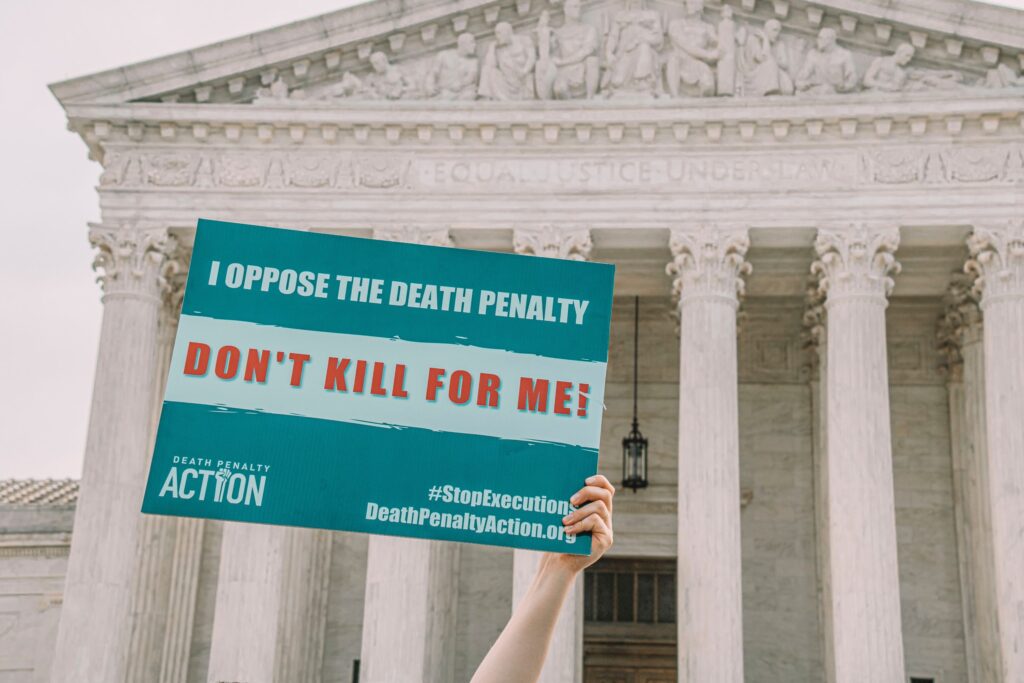
Singapore – In recent times, a shift towards decriminalization in the shaping of drug policies has been made in the world. However, there are still some countries in which punishments for drug offenses continue to be dramatically disproportional.
In the last years, countries like Singapore have seen a sharp increase in the imposition of the sentence of death penalty for drug-related offenses.
On March 30, Abdul Kahar bin Othman was executed in Singapore. He had been sentenced to death in 2015. The name of another name that has been executed in the last month is Nagaenthran K Dharmalingam.
The Misuse of Drugs Act is the basis for Singapore’s national drug policy. Despite the disproportionate sentences it codifies, the MDA has not fulfilled its intention of combatting illicit drug use.
The demographics of people facing the death penalty for drug-related offenses are similar practically everywhere in the world: women, minorities, and the economically disadvantaged. At present, at least 3,000 people are on death row for drug-related offenses in 35 countries, says Aljazeera.

In September 2021, United Nations Secretary-General Antonio Guterres emphasized the need to abolish the death penalty in every country and protect the right to life for all.

The Global Commission on Drug Policy declares that drug-related offenses cannot be considered among the most serious crimes. Thus, giving the death penalty for this kind of offense violates international human rights law.
The Global Commission strongly urges all countries to make immediate commitments toward the full abolition of the death penalty by changing their relevant domestic laws.